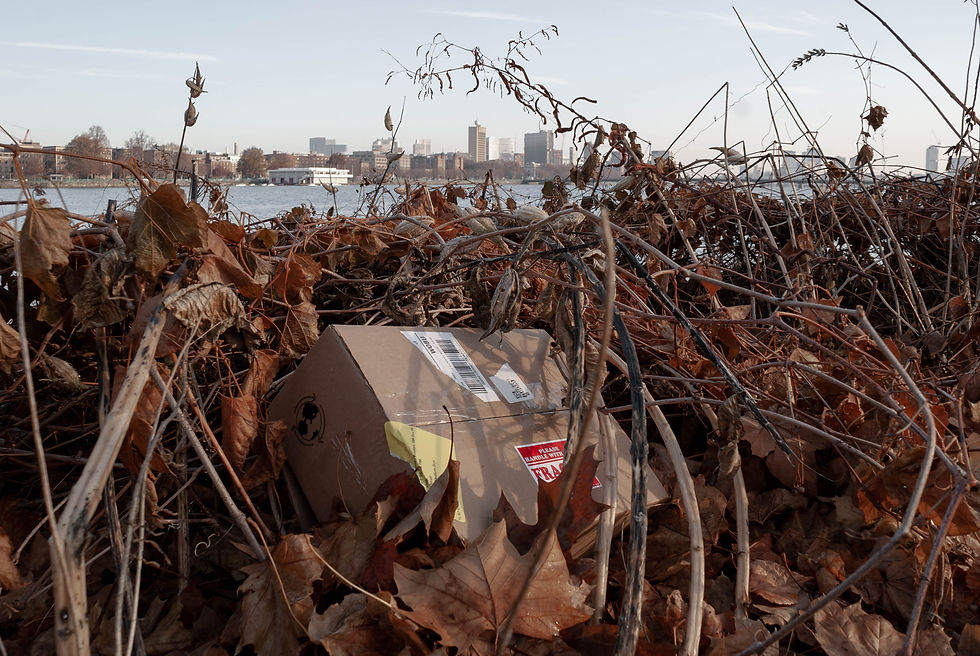Death of Retail?
- Site Admin
- Dec 5, 2019
- 2 min read
by Raveena Pandhare
photo by Geena Grant

In the past few years, we’ve seen major retailers—ones that hallmarked many childhoods—clear out their racks and shut their doors. JCPenney, Sears, Gap and just recently Forever 21 have all filed for bankruptcy and started closing hundreds of their stores. As consumer tastes shift gears toward online shopping, a ‘retail apocalypse’ is on the horizon for this generation of consumers. While it’s clear that the shutdown of once-powerhouse retailers is economically detrimental, what exactly does it mean for its longtime and potential customers? How does this affect the future of fashion?
I remember when my dad sent a link to a CNN article in our family group chat with the headline “FOREVER 21 FILES FOR BANKRUPTCY AND WILL CLOSE UP TO 178 US STORES.” I took it as a joke simply because of my disbelief. This was my favorite brand. This was the store the majority of my wardrobe derived from. I anticipated bringing copious amounts of clothing into the Forever 21 dressing rooms every time my mom and I made our ritual window shopping trips to our local mall. It might sound silly, but Forever 21 held sentimental value in my heart. From my first Black Friday, to the first time I was allowed to start buying my own clothes and cultivating my own style on a budget, Forever 21 was always a go-to.
However, although our favorite retail stores might be reaching their lifespan, this is giving rise to new market trends in the fashion industry. At first, I fell victim to online shopping. There’s no doubt it’s quicker, but with features like free returns and free shipping it can at times prove to be way more convenient, too. I experimented with websites like shein.com that sell trendy pieces for crazy affordable prices, but the realization that I was contributing to even more climate destruction and potentially unethical working conditions urged me to change my ways. I didn’t want my laziness to dictate what I spent my money on and which stores I chose to shop at.
Amid this demise in retail stores, I’ve aspired to actively try to make more ethical and sustainable fashion choices. What I loved most about Forever 21 was the fast fashion aspect; the fact that everything was always on trend and affordable. To compensate, I have opted for thrift shopping and revamping thrifted pieces I have purchased. I have been attempting to save up for staple pieces from companies that do enforce sustainable practices such as Reformation, for example. Upon hearing the news of Forever 21 closing down I was upset that I could no longer shop at this store but I do feel like it has led me to becoming a smarter shopper. I no longer just buy random articles of clothing because they are cheap; rather, I try to invest in quality pieces that will last me a while and thrift or borrow on-trend items that I know I will only wear for a couple of months.
Comments